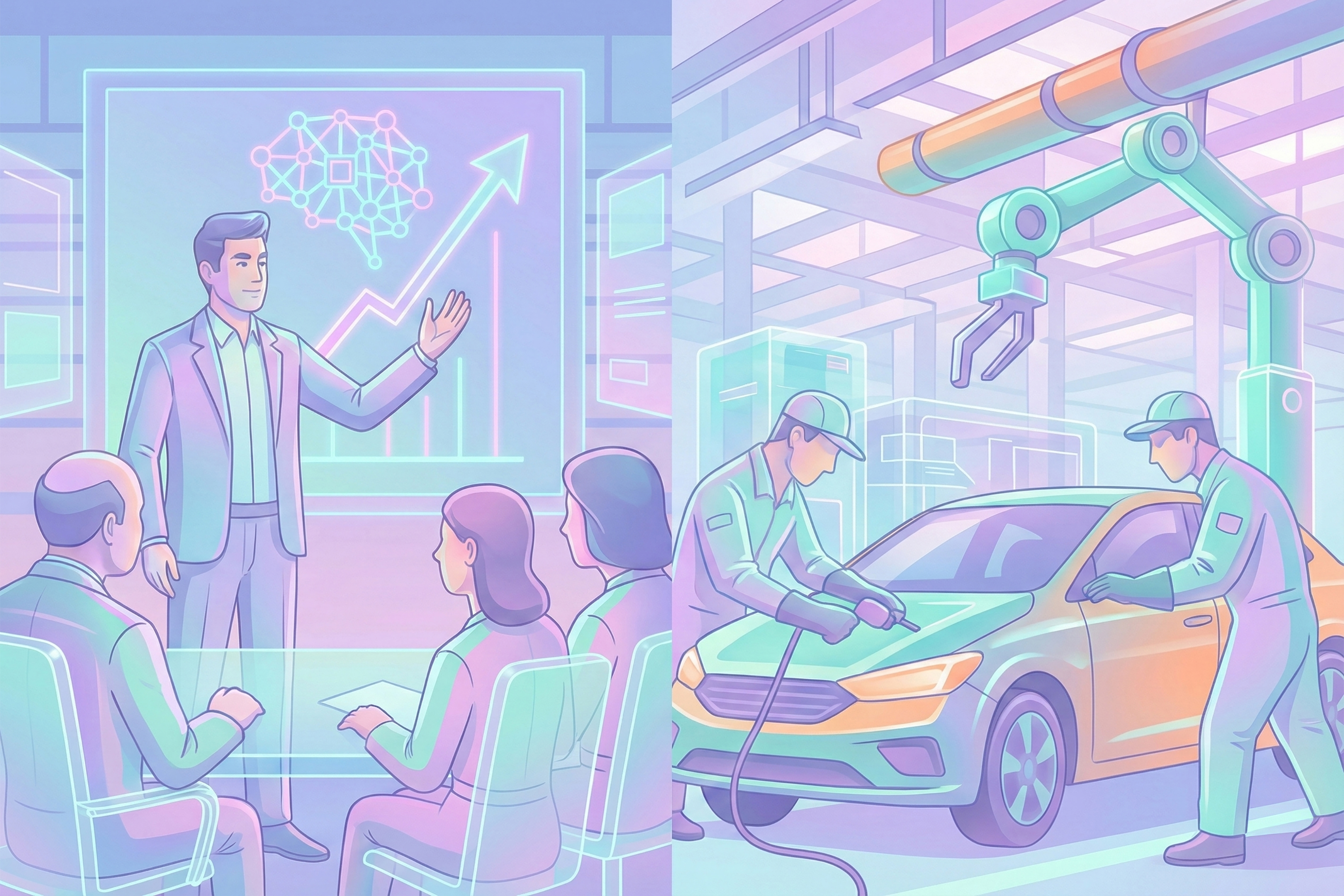
Even though it concerns the first-ever climate case against a company, the court ruling against Royal Dutch Shell is part of a wider trend of a demand for more action against climate change. Yet, while the intentions behind them are clear, these rulings may actually be counterproductive. They break the unwritten rule that international agreements on climate action are taken with a grain of salt. Such agreements tend to be either abstract or focused on the long term and leave a lot of room for interpretation with respect to short-term action.The resulting wiggle room allows politicians to sign these agreements and adopt a wait-and-see strategy afterwards. By now it is clear that the courts will no longer accept this and intend to force governments to take action today in order to meet the long-term goals they agreed upon. Looking ahead, the question is whether these rulings will indeed lead to much-needed action, or rather prevent politicians from signing any new agreements that could lead to similar court cases in the future.

